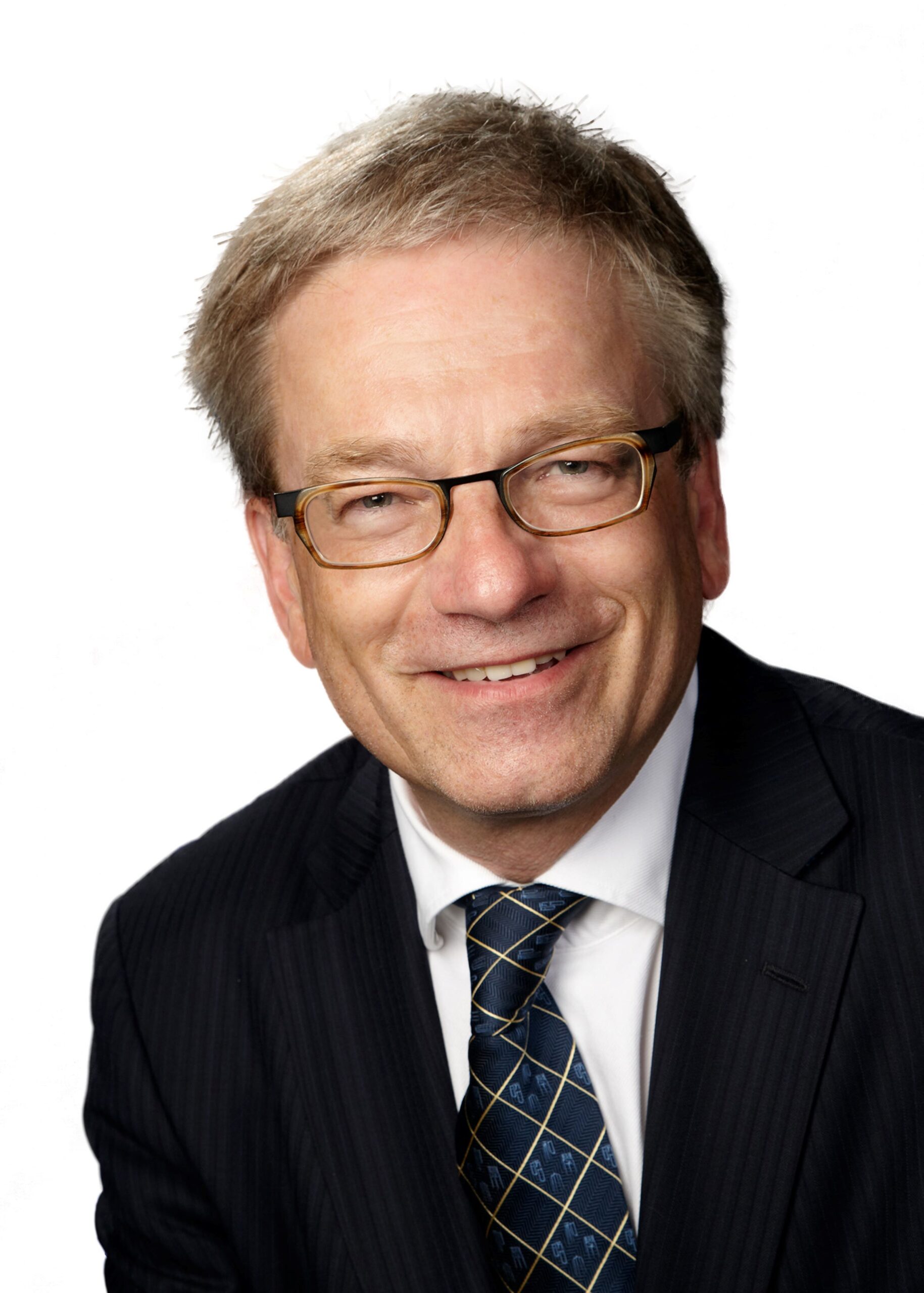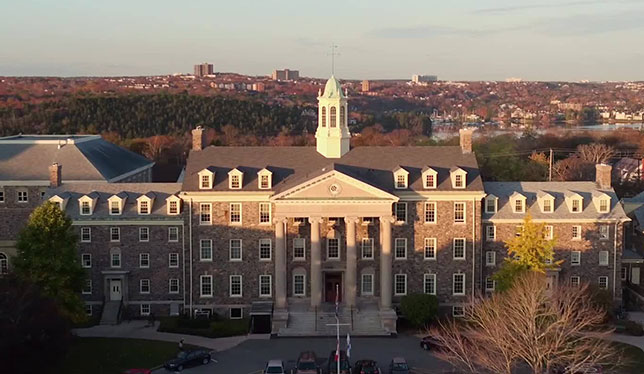Major international survey will shine a spotlight on the academic profession
Canadian researchers offered a sneak peek of some of the results at Congress in Vancouver.

Canadian researchers have begun to release some preliminary results from the 2018 Academic Profession in the Knowledge Society (APIKS) study. Reportedly the largest survey of its kind ever undertaken, it contains the responses of faculty members from universities in 33 countries about a wide array of topics, including research and teaching activities, budgeting of time, academic achievements, perception of academic work, and job satisfaction.
The survey is a follow-up to the 2007 Changing Academic Profession (CAP) study, which examined academic work across 18 nations, says Glen Jones, dean of the Ontario Institute for Studies in Education of the University of Toronto. Dr. Jones is leading the team analyzing the data from the Canadian component of APIKS.
The Canadian information was collected via an online survey between October 24, 2017 and June 30, 2018. The 51-item questionnaire was emailed to more than 30,000 full-time, tenure-stream professors at 64 Canadian universities. From this, a total of 2,968 valid completed surveys was received, a response rate of just under 10 percent.
At the recent Congress of the Humanities and Social Sciences held in Vancouver in June, Dr. Jones was joined by three colleagues to present data from four areas covered in the survey: teaching and research, research production, job satisfaction and strain and internationalization. (OISE also has some other basic APIKS survey results posted on their website.)
The survey responses are still being analyzed and compared across countries, but in summing up the early results on the Canadian portion, Dr. Jones mentioned a couple of key takeaways. “The connection between teaching and research remains strong in Canada, and most professors believe that the two fields have a complementary relationship,” he said.
“We also thought it was interesting that although the majority of faculty agreed that their research activities reinforced their teaching, there are some variations by discipline in terms of the relationship between teaching and research, and we will obviously want to look for differences between disciplines in other aspects of the survey. There also appear to be differences in the experiences of faculty who work in different types of Canadian universities. We intend to explore this in more detail.”
Grace Karram Stephenson, a postdoctoral fellow in the department of leadership, higher and adult education at OISE, focused her presentation on the teaching-research nexus. A majority of professors indicated that they felt research was more highly valued than teaching – “not surprising, since research is where the money is when chasing grants,” she said. Added Dr. Jones: “Research is also widely perceived as the most important factor in determining tenure and evaluating performance.”
Nearly half of respondents (47.7 percent) expressed an interest in both teaching and research, but admitted to leaning towards research; one quarter (24.9 percent) of respondents also indicated an interest in both areas but preferred teaching. All told, 78 percent of professors felt strongly that research activities reinforced their teaching, presumably by keeping them current, generating new ideas and arguments and by encouraging global engagement and critical reflection.
In his presentation, Olivier Bégin-Caouette, an assistant professor in the faculty of education science at Université de Montreal, highlighted points of difference between various institutions and faculty members in regard to research production. Faculty at the U15 group of research-intensive universities produced more scholarly articles in academic journals but fewer books than faculty at comprehensive universities. They were also more likely to be involved with collaborative research and netted a higher proportion of their funding (37 percent) from national agencies. In contrast, faculty at primarily undergraduate institutions received a larger share of their total funding (43 percent) from institutions and performed more socially orientated research.
The issue of job-related stress was addressed at the session by Amy Scott Metcalfe, an associate professor in the department of educational studies at the University of British Columbia. The statement, “I am satisfied with my job,” earned a score of 3.88 on a scale of 1 (strongly disagree) to 5 (strongly agree). At the same time, the statement, “My job is a source of considerable personal strain” received a relatively high rating of 3.22.
Job pressures were judged to be higher by assistant and associate professors (3.50 and 3.39 respectively) than by full professors (2.98). As well, the statement, “This is a poor time for any young person to begin an academic career in my field,” garnered a 3.5 rating, which implies that not all professors are happy with the state of the profession.
Although both men and women generally reported satisfaction with their jobs, there is some disparity in the level of satisfaction according to gender, a finding that intersects with a range of prior research on the challenges faced by female academics, said Dr. Metcalfe. On average, female academics are slightly less satisfied than male academics, are more concerned about the future of the profession, and are more likely to find their work situation stressful.
On the topic of internalization, Dr. Jones reported that U15 institutions had the highest percentage of teachers (39 percent) who felt strongly that their schools had a clear strategy for internationalization, followed by primarily undergraduate schools (29.6 percent) and comprehensive institutions (25.2 percent). Overall, a healthy majority of respondents (70.3 percent) said that they collaborated with international colleagues.
“It’s all about having international conversations,” said Dr. Jones. “Why collaborate with someone down the hallway when you can reach across the globe and work with the best?”
The general plan for the researchers involved in the APIKS survey is to produce a series of volumes, each representing a comparative analysis of key themes or issue areas that emerge from the project, said Dr. Jones. “I think that there are currently plans for something like 10 such books, though these plans may evolve over time,” he said. “My guess is that the first book in the series will probably be released in 2020.”
Featured Jobs
- Psychology - Assistant Professor (Speech-Language Pathology)University of Victoria
- Business – Lecturer or Assistant Professor, 2-year term (Strategic Management) McMaster University
- Veterinary Medicine - Faculty Position (Large Animal Internal Medicine) University of Saskatchewan
- Canada Excellence Research Chair in Computational Social Science, AI, and Democracy (Associate or Full Professor)McGill University















Post a comment
University Affairs moderates all comments according to the following guidelines. If approved, comments generally appear within one business day. We may republish particularly insightful remarks in our print edition or elsewhere.
1 Comments
Conversations is key.